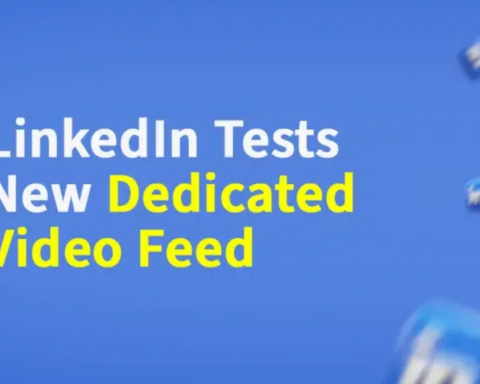LinkedIn last week removed its contact export tool from the website, asking the members to use a new method to export contacts that would help “combat the inappropriate export of member data by third parties.” However, the professional social media website three days ago turned the contact export tool (also known as the CSV and VCF download tool) back on after an outcry by users.
It has been understood that the millions of LinkedIn members did not welcome the removal of the contact export download tool from the site. The alternate method to export contacts took up to 72 hours, which was time taking and demanded more effort than usual. “Since that change, we’ve heard you loud and clear – that is too long to have to wait for a download of connection information. Effective immediately, we have turned the CSV download link back on,” said the firm.
The professional social networking site added that, “In the coming weeks and months you can expect to see us take additional steps to increase that control and to make the scraping of member data by third parties more difficult. Scraping is against ourTerms Of Service and potentially detrimental to the members whose data is being scraped.” LinkedIn however, said that it would only keep the CSV connections download tool until it reaches its goal of reducing the wait time for archival requests.
Meanwhile, the firm in a blog post on Monday added that it will be bringing down the number of emails users get from LinkedIn, often construed as spam by users due to the quantity.
The firm has taken couple of steps to tone-down the spam. Now, if users are getting too many connection requests from others, they would get a single compiled mail of all the requests on their linked email accounts. Until now the company sent individual mails for each requests. It has also started sending aggregated updates from several groups, to which users are subscribed, in one single email. Users can additionally control which emails they want to receive.
“The results so far have been very encouraging. For every 10 emails we used to send, we’ve removed 4 of them. Already, member’s complaints have been cut in half. And this is just the beginning,” said the blog post.
Source-NDTV






